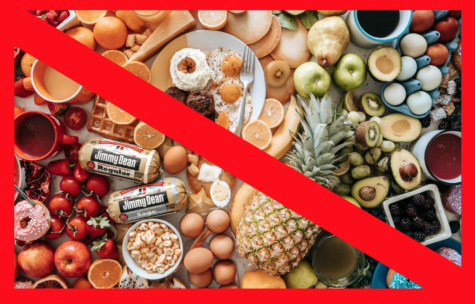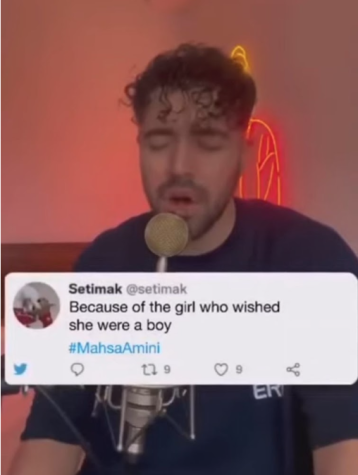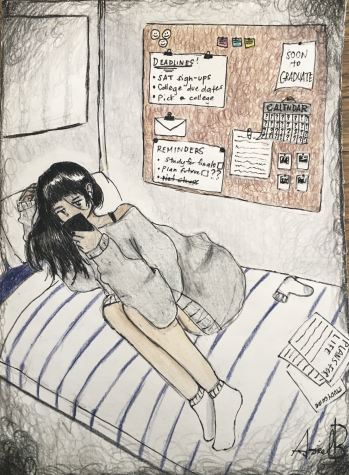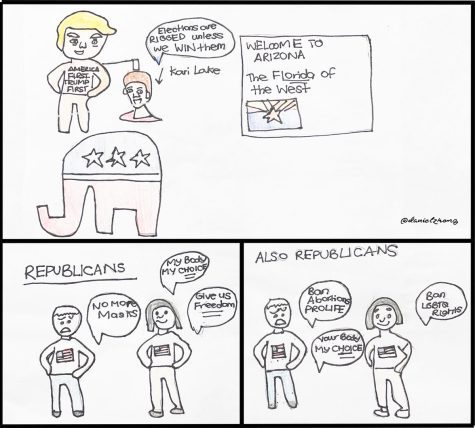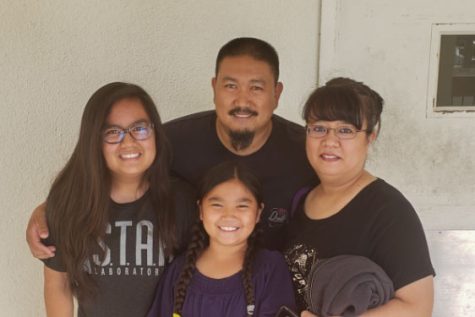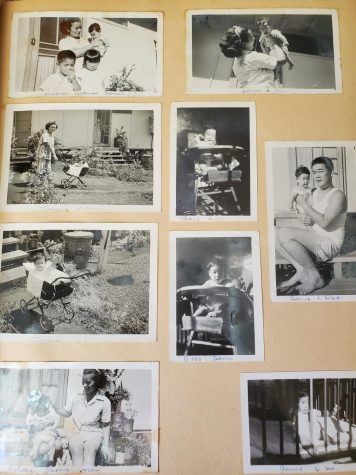Racism: a symptom of America’s divide
February 4, 2019
Ka Leo O Kalani reporters created a vox pop asking for students’ thoughts on the N-word. Most students understood the sensitivity of the word and saw it as offensive. Others said that it is simply an overused word and there’s nothing you can do to get people to stop saying it.
The way it’s used in media and pop culture, it’s like it doesn’t mean anything.
— Sharlene Whang (teacher)
Blair Ka’aihue teaches English and AP Psychology at Kalani and thinks that racism is not the direct cause of America’s divisions, but a symptom.
“The problem is a lot deeper,” she says. “The best we can do is re-educate people to make better choices. But I do not think we can stop racism.”
Racer Moody teaches Social Studies, Economics, and Psychology; he agrees that the word is outdated and there is no reason it should be used today.
He attended college in Los Angeles and had African American friends who would often refer to each other by the n-word. He says he felt uncomfortable whenever he heard it.
“Maybe we should all erase those words from our vocabulary,” Moody says.
Dana Plotkin also teaches Economics and Psychology at Kalani. She believes the word is deliberately used to suppress and that any sort of racial slur or hate speech should never be spoken.
“The word is high up there [as hate speech] because of its long history,” Plotkin says. “However, I do not think that people should use it.”
Nonetheless, she admits, it is often perceived as a 1st Amendment issue.
Sharlene Whang, who teaches English at Kalani, believes reparations to slave descendants are unnecessary but feels Americans should never forget our troubled history. She also says the government should do something to end racism.
She says she had non-African American friends in high school at Moanalua who always said the N-word.
“I don’t think they’re saying it to be racist, but it is a word that has become desensitized,” she says. “The way it’s used in media and pop culture, it’s like it doesn’t mean anything.”
Of course, America is facing more problems than just racism, such as political strife and radicalism, racial supremacy and, just recently, issues around immigration and border control.
I do not think that people should use it.
— Dana Plotkin (teacher)
The media plays a big role in all of this. A poll last year by the Washington Examiner showed that nearly three-quarters of the country believe that the media is “dividing Americans” along racial, gender and political lines.
Jan Omura teaches English at Kalani, and she also believes that division in America causes other problems.
“Racism divides,” she states. “I think that is one of the underlying causes of a lot of problems in America. Social and economical problems especially.”
Racism has been around for an incredibly long time; it will end when everyone is seen as equal. But it may not be resolved in the near future because some people do not even realize they are racist. Once people acknowledge the problem, we can all start to slowly piece America back together.


